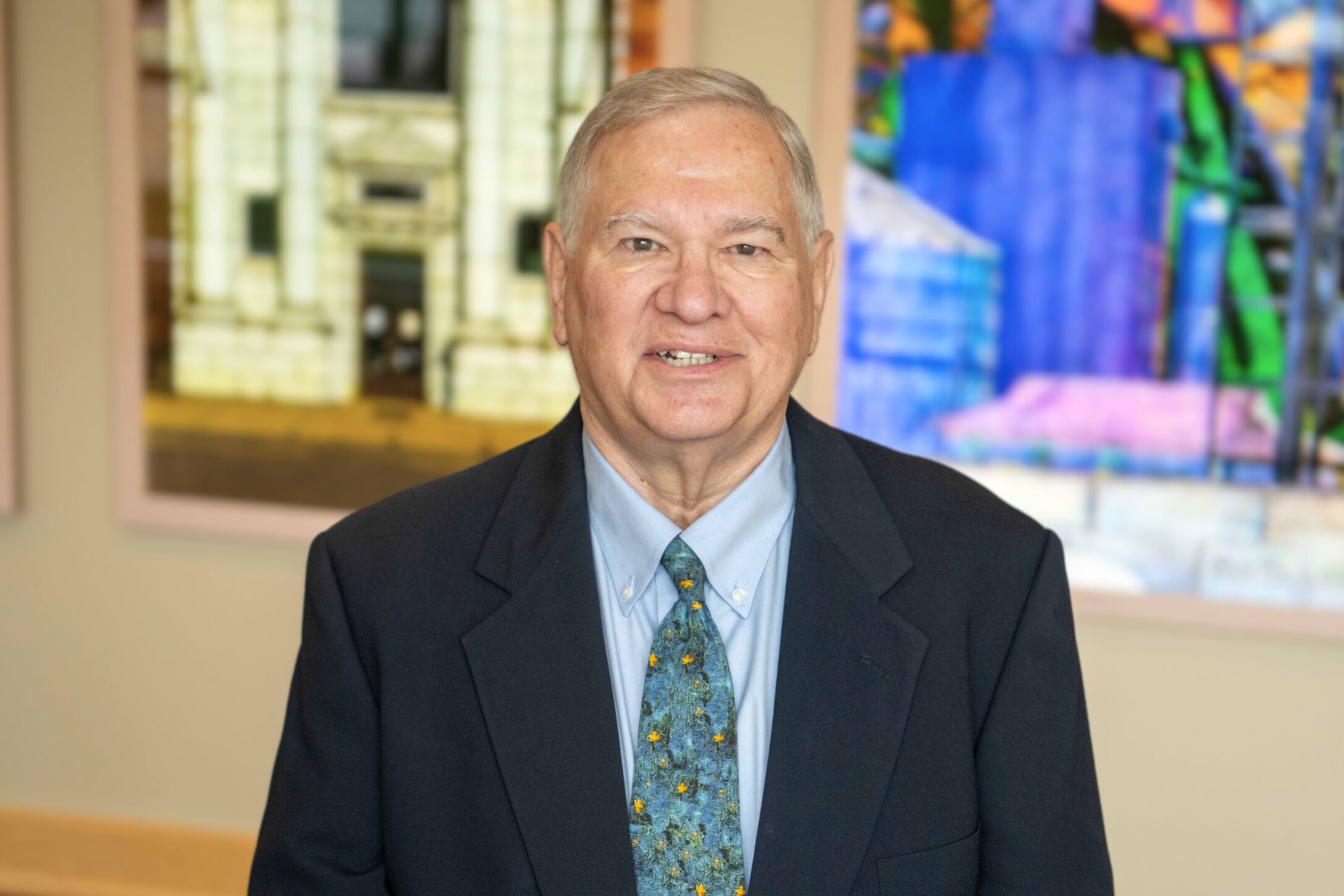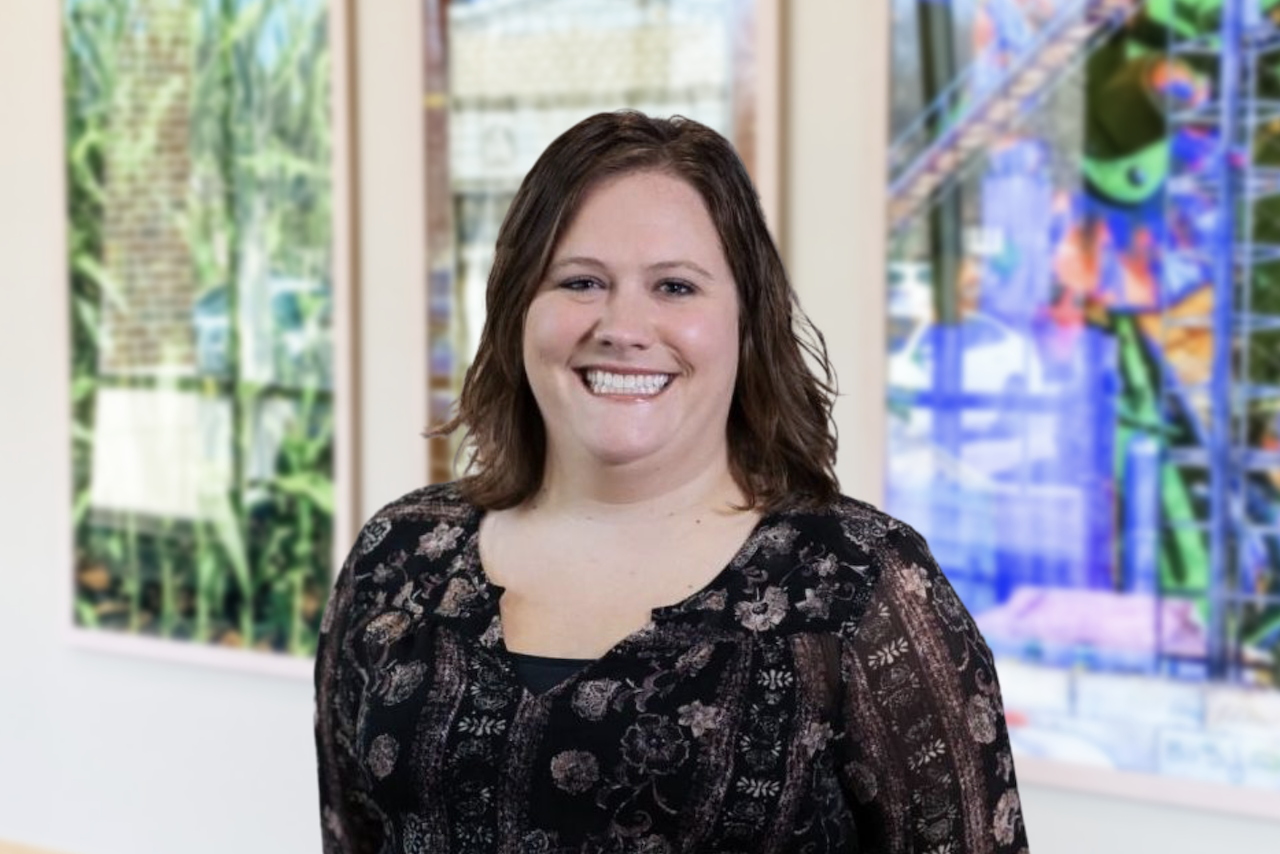When you have trouble sleeping, the problem might be temporary, or it could be something more serious. If you consistently have trouble sleeping, you may suffer from a sleep disorder that can only be diagnosed through a sleep study. At Mahaska Health we have a full time Sleep Team dedicated to providing sleep studies and assessments during your regular sleeping hours.
Location
The night of your sleep study, arrive at the Mahaska Health Emergency Services Entrance at your designated time. The Mahaska Health Emergency Services Entrance is located on the east side of the building, entrance #5. Check-in at the Admitting window and the Sleep Technologist will be called to come and escort you to your sleep room.



